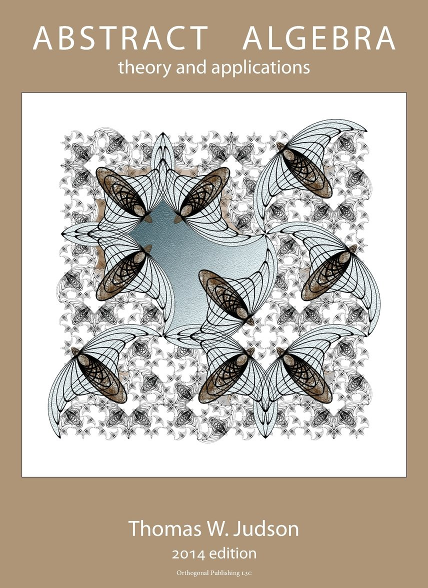<exercises xml:id="true-false-exercises">
<title>True/False Exercises</title>
<exercise xml:id="true-false-one" label="vector-space-dimension">
<title>True/False</title>
<idx>vector space</idx>
<statement correct="no">
<p>
Every vector space has finite dimension.
</p>
</statement>
<feedback>
<p>
The vector space of all polynomials with finite degree has a basis,
<m>B = \{1,x,x^2,x^3,\dots\}</m>, which is infinte.
</p>
</feedback>
<hint>
<p>
<m>P_n</m>, the vector space of polynomials with degree at most <m>n</m>,
has dimension <m>n+1</m> by <xref ref="theorem-exponent-laws"/>. [Cross-reference is just a demo,
content is not relevant.] What happens if we relax the defintion and remove the parameter <m>n</m>?
</p>
</hint>
</exercise>
</exercises>
Exercises 3.8 True/False Exercises
View Source for exercises
1. True/False.
View Source for exercise
<exercise xml:id="true-false-one" label="vector-space-dimension">
<title>True/False</title>
<idx>vector space</idx>
<statement correct="no">
<p>
Every vector space has finite dimension.
</p>
</statement>
<feedback>
<p>
The vector space of all polynomials with finite degree has a basis,
<m>B = \{1,x,x^2,x^3,\dots\}</m>, which is infinte.
</p>
</feedback>
<hint>
<p>
<m>P_n</m>, the vector space of polynomials with degree at most <m>n</m>,
has dimension <m>n+1</m> by <xref ref="theorem-exponent-laws"/>. [Cross-reference is just a demo,
content is not relevant.] What happens if we relax the defintion and remove the parameter <m>n</m>?
</p>
</hint>
</exercise>
True.
- The vector space of all polynomials with finite degree has a basis, \(B = \{1,x,x^2,x^3,\dots\}\text{,}\) which is infinte.
False.
- The vector space of all polynomials with finite degree has a basis, \(B = \{1,x,x^2,x^3,\dots\}\text{,}\) which is infinte.
Every vector space has finite dimension.
Hint.
View Source for hint
<hint>
<p>
<m>P_n</m>, the vector space of polynomials with degree at most <m>n</m>,
has dimension <m>n+1</m> by <xref ref="theorem-exponent-laws"/>. [Cross-reference is just a demo,
content is not relevant.] What happens if we relax the defintion and remove the parameter <m>n</m>?
</p>
</hint>
\(P_n\text{,}\) the vector space of polynomials with degree at most \(n\text{,}\) has dimension \(n+1\) by Theorem 1.2.16. [Cross-reference is just a demo, content is not relevant.] What happens if we relax the defintion and remove the parameter \(n\text{?}\)

